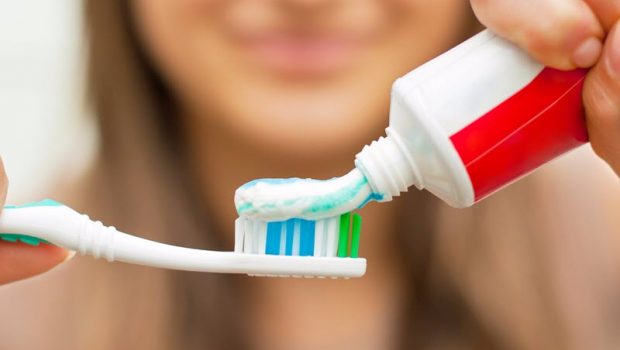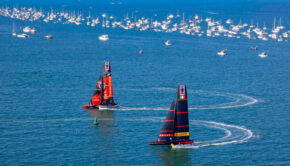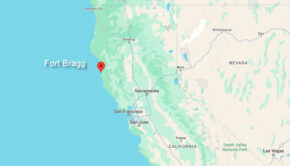Reducing plastic pollution in the ocean
Published on January 9th, 2018
The more we discuss and demonstrate how our society is impacting our environment, the closer we get for change to occur. Habits die hard, but in this report by The Guardian on January 9, 2018, a significant step in the United Kingdom continues to advance the topic:
Plastic microbeads can no longer be used in cosmetics and personal care products in the UK, after a long-promised ban came into effect today. The ban initially bars the manufacture of such products and a ban on sales will follow in July.
Thousands of tonnes of plastic microbeads from products such as exfoliating face scrubs and toothpastes wash into the sea every year, where they harm wildlife and can ultimately be eaten by people. The UK government first pledged to ban plastic microbeads in September 2016, following a US ban in 2015.
The huge problem of plastic pollution choking the oceans has gained a high profile with recent revelations that there are five trillion pieces of plastic floating in the world’s seas and that the debris has reached the most remote parts of the oceans, Microbeads are a small but significant part of this which campaigners argued was the easiest to prevent.
“The world’s oceans are some of our most valuable natural assets and I am determined we act now to tackle the plastic that devastates our precious marine life,” said environment minister Thérèse Coffey. “Now we have reached this important milestone, we will explore how we can build on our world-leading ban and tackle other forms of plastic waste.”
Dilyana Mihaylova, at Fauna & Flora International, said: “We are delighted that a robust UK microbeads ban comes into force today. We hope this ban signals the dawn of a new era in the fight for cleaner, healthier oceans.”
Pressure is now mounting for action on plastic bottles – a million are bought every minute around the world and they make up a third of the plastic litter in the seas. In December, the UK’s environmental audit committee (EAC) of MPs called for a deposit return scheme, which has successfully increased recycling rates in other countries.
Mary Creagh MP, EAC chair, said: “The microbead ban is a step in the right direction, but much more needs to be done. Since we called for a ban, my committee has also recommended the deposit return scheme, a latte levy for plastic-lined coffee cups and reforms to make producers responsible for their packaging. We look forward to hearing the government’s response.”
Prime minister Theresa May tweeted: “In 2015 we introduced the 5p charge on plastic carrier bags, we now see 9bn fewer bags being used. It’s making a real difference. We want to do the same with single use plastics. Nobody who watched #BluePlanet2 will doubt the need for us to do something – and we will.”









 We’ll keep your information safe.
We’ll keep your information safe.